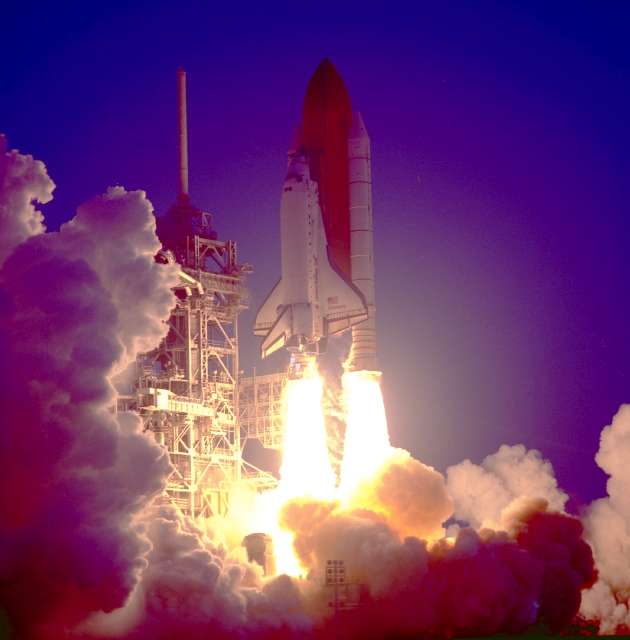|
|
HST 275, History of Science |
|
|
HST 275, History of Science |
 |
|
|
Few, if any, developments in human history have had the qualitative effect of achievements in science and technology. Clearly, if the modern world differs significantly from the ancient, it is in these areas. Transportation, electricity, communication, computing, and advances in health care have gone for toward defining modernity itself. With the scientific revolution, European thinkers threw off centuries of tradition, borrowing from Arab and ancient scholarship to create a new world view. The main achievement was the combination of mathematics and physics which revoutionized astronomy. Such phenomenal success led to the application of its enthusiasm and methods to other activities--chemistry, biology, industry, business. Modern life thus became characterized by a great confidence in human achievement. This confidence was translated to still further schievements in technology, science, social science, politics and culture. Few were the limits, and few the critics of science, until the twentieth century. At that point, the value of science and technology began to be balanced against detrimental effects and prospects. |
| Course Summary | Grading | Contact Professor |
| Requirements | Resources | Links |
| Maps | Pictures | Lecture Outline |